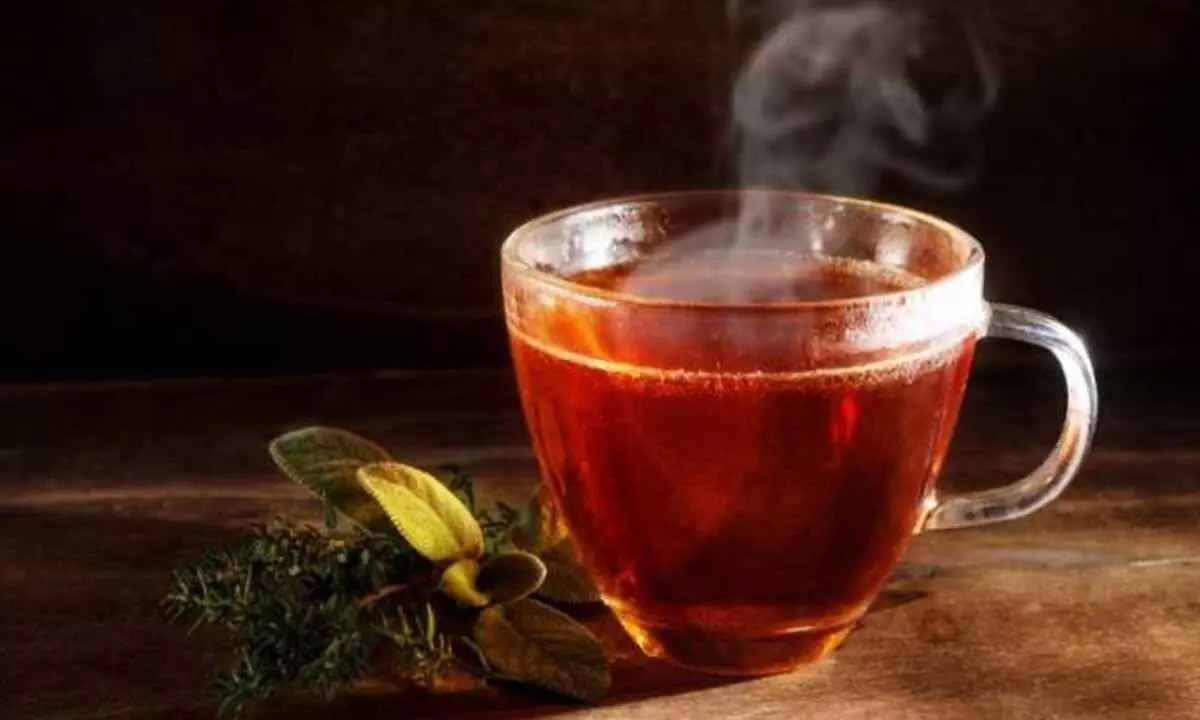Tea producers should swear by the rule book on use of pesticides
Around the time the Indian tea industry was looking forward to ramping up exports, filling up the vacuum in the global market that was created by the crisis-hit Sri Lanka
image for illustrative purpose

Around the time the Indian tea industry was looking forward to ramping up exports, filling up the vacuum in the global market that was created by the crisis-hit Sri Lanka, Indian tea suffered a severe jolt when several international buyers rejected a series of tea consignments as the ‘presence of pesticides and chemicals was beyond the permissible limits’. The magnitude was higher as some domestic buyers cited the same grounds and opted out. This was even as the Food Safety and Standards Authority of India (FSSAI) had put in place a maximum residue limit (MRL) for five pesticides used in tea plantations, including emamectin, benzoate, fenpyroximate, hexaconazole, propiconazole and quinalphos. This coincided with a large number of planters from southern and north-eastern parts of the country reporting large scale damages caused by the tea mosquito bug (Helopeltis Theivora). They had pleaded the ministry to use some other restricted pesticides in addition to Dimethoate, which was on the banned list earlier. According to the planters, Dimethoate is cheaper and more effective compared to conventional pesticides.
Interestingly, the Ministry of Agriculture and Farmers’ Welfare (MoAFW) has constituted two experts teams to assess the impact and scale of the damage. The committees are to visit south India and the North East states – the country’s major tea-producing regions – and submit a report by next month. The planters had claimed that they had lost millions of kilograms of tea in the past year due to this bug, especially in the south. As conventional pesticides are costlier, it pushed the cost of production upwards. According to the United Planters Association of Southern India (UPASI), pest attack has reduced tea production from 24 million kg to 13 million kg in the Anaimalai region of Tamil Nadu. On April 12, Central Insecticide Board and Registration Committee allowed ad-hoc approval of Dimethoate for a year. It also directed UPASI and others to submit the residue data as per the guidelines of CIB& RC expeditiously.
Meanwhile, tea exporters are understandably upset over the rejection of consignments due to the presence of pesticides and chemicals beyond permissible limits. This is causing a decline in outward shipments. In 2021, India had exported 195.90 million kg tea valued at Rs 5,246.89 crore. The major buyers were Commonwealth of Independent States (CIS) nations and Iran. The board is aiming to achieve 300 million kg tea this year. Many countries are following strict entry regulations for tea. Most of them follow variations of EU standards, which are more stringent than FSSAI rules. Strangely, instead of complying with the law, many are urging the government to make the FSSAI norms more liberal. This would certainly send a wrong signal as the beverage is considered to be a health drink. In the circumstances, all Indian tea producers would do well if they abide by the extant FSSAI and other international norms. The exporters, on their part, should particularly adhere to the existing norms of the importing countries. There should be no two ways about that, lest Indian tea earns a bad reputation.

